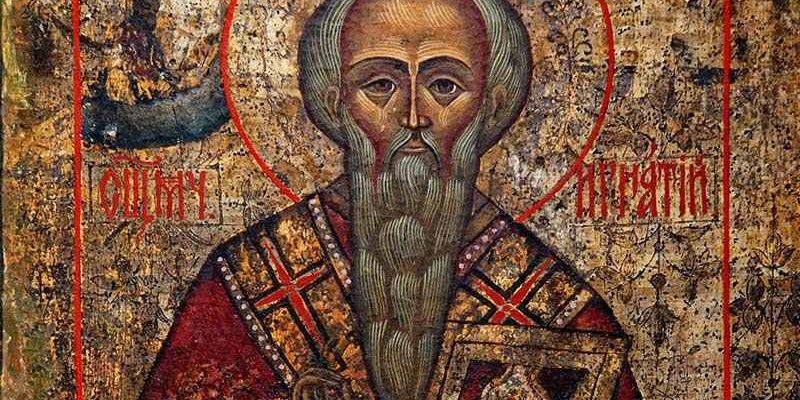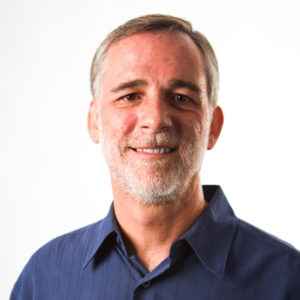
Apostolic Fathers Every Christian Should Know: Hermas
The final article by Kenneth Berding focused on Apostolic Fathers every Christian should know is dedicated to Hermas. The Apostolic Fathers are the authors of the earliest Christian writings after the period of the Apostles. The writings span the end of the first century until the middle of the second. Kenneth Berding (Ph.D., Westminster Theological Seminary) is professor of New Testament at Biola University and the director of Bible Fluency: Sing It, See It, Study It.
focused on Apostolic Fathers every Christian should know is dedicated to Hermas. The Apostolic Fathers are the authors of the earliest Christian writings after the period of the Apostles. The writings span the end of the first century until the middle of the second. Kenneth Berding (Ph.D., Westminster Theological Seminary) is professor of New Testament at Biola University and the director of Bible Fluency: Sing It, See It, Study It.
Here are seven things you should know about Hermas:
1. Hermas was a seer of visions who lived in Rome during the early parts of the second century and author of a collection of visions known to us today as The Shepherd of Hermas. He does not appear to have been in church leadership.
2. The “shepherd” in the title of his work was an angel in the form of a shepherd whom Hermas claims was sent to guide him through his visions.
3. His book divides neatly into five visions, ten commandments, and twelve parables. But Hermas probably released his writing in three stages. The first stage included four visions along with their interpretations. At a later time, Hermas pulled together ten sections of what he calls commandments, plus ten parables. Sometime later, the visions were joined together with the commandments and the parables by adding one additional vision to the earlier four visions, and by adding two long parables to the end of the commandments/parables section in an attempt to somehow connect everything. Hermas was on a mission to change the way the church thought about repentance. Click To Tweet
4. Hermas was on a mission to change the way the church thought about repentance. He had to wrestle through what to do with a sin he had personally committed after his own conversion and baptism. He probably looked around the Roman church and noticed that some Christians supported continued participation in the church after a person had committed a sin, as long as that person was repentant. But he also probably noticed that others in Rome rigorously advocated purity in the church and contended that someone who sinned after being baptized should be altogether cut off. Hermas was probably attracted by the message of the rigorists but also had to deal with the painful truth that he had personally sinned after his own baptism when he had fantasized about being married to a woman who wasn’t his wife.
5. His consternation about whether such a sin could be forgiven was resolved, in his view, through a divine message he purportedly received; that is, sin after baptism could be forgiven as long as the one who had sinned repented—but once, and only once.
6. There are some doctrinal anomalies in the book. For example, his use of the word “spirit” is unclear in a number of instances, and probably confused. Sometimes he seems to be thinking of an angel, sometimes the spirit of a human. Other times it looks like he is writing about the Holy Spirit. His Christology, the little that there is(!), also has some deficiencies.
7. A positive contribution of Hermas is that he often warned against double-mindedness. He called on those who profess to be Christians to turn to the Lord with all their hearts, to purify their lives of all vanities, and to offer prayers to God with confidence. He called on God’s people to clothe themselves with faith and not allow their minds and hearts to be distracted from focusing on God.
For more information about the Apostolic Fathers, see Kenneth Berding’s easy-to-read narrative introduction (story form), The Apostolic Fathers: A Narrative Introduction.

